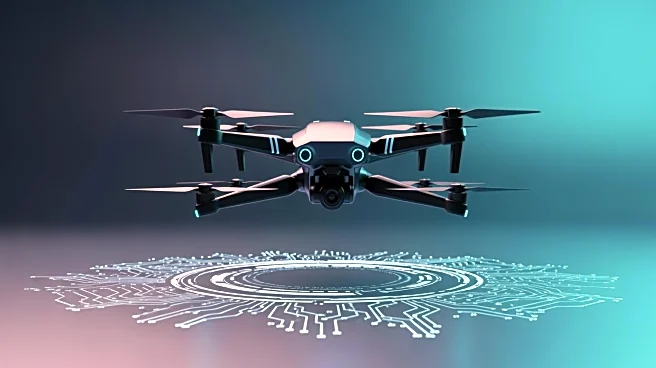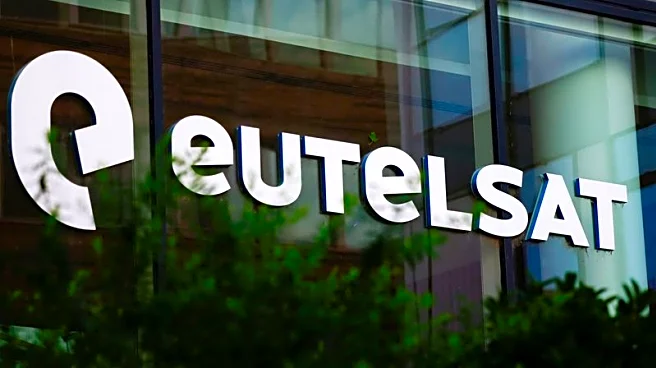What's Happening?
Joby Aviation has announced a strategic partnership with NVIDIA, selecting Joby as the exclusive aviation launch partner for NVIDIA's new IGX Thor platform. This collaboration aims to accelerate Joby's
Superpilot autonomous flight technology for both military and civil aviation applications. The partnership will leverage NVIDIA's industrial-grade compute platform to enable real-time onboard processing for critical functions such as autonomous mission management, sensor fusion, radar and LiDAR processing, and predictive system health monitoring. Following the announcement, Joby Aviation's shares rose by 7.2% in after-hours trading, reversing a 4.23% intraday decline and signaling investor confidence in the strategic value of the partnership.
Why It's Important?
The partnership between Joby Aviation and NVIDIA addresses a significant technical challenge for eVTOL operators: the computational power required to achieve FAA certification for autonomous flight in controlled airspace. NVIDIA's support for functional safety standards on the IGX Thor platform provides Joby with a credible pathway toward certified autonomy, which is crucial for securing near-term defense contracts and longer-term civil applications. This development is significant for the autonomous aviation industry, as it could pave the way for broader adoption and integration of autonomous flight technologies, potentially transforming both military and commercial aviation sectors.
What's Next?
Investors and industry stakeholders will be closely monitoring whether the after-hours gains in Joby Aviation's stock hold at the market open. Key catalysts for validating the partnership's commercial impact will include progress in defense milestones and FAA certification. These developments will be critical in determining the success of the partnership and its potential to drive growth in the autonomous aviation market.
Beyond the Headlines
The collaboration between Joby Aviation and NVIDIA could have broader implications for the aviation industry, particularly in terms of advancing autonomous flight technologies. The partnership may influence regulatory frameworks and safety standards for autonomous aviation, potentially leading to increased investment and innovation in this field. Additionally, the successful implementation of these technologies could enhance operational efficiency and safety in both military and civil aviation sectors.










